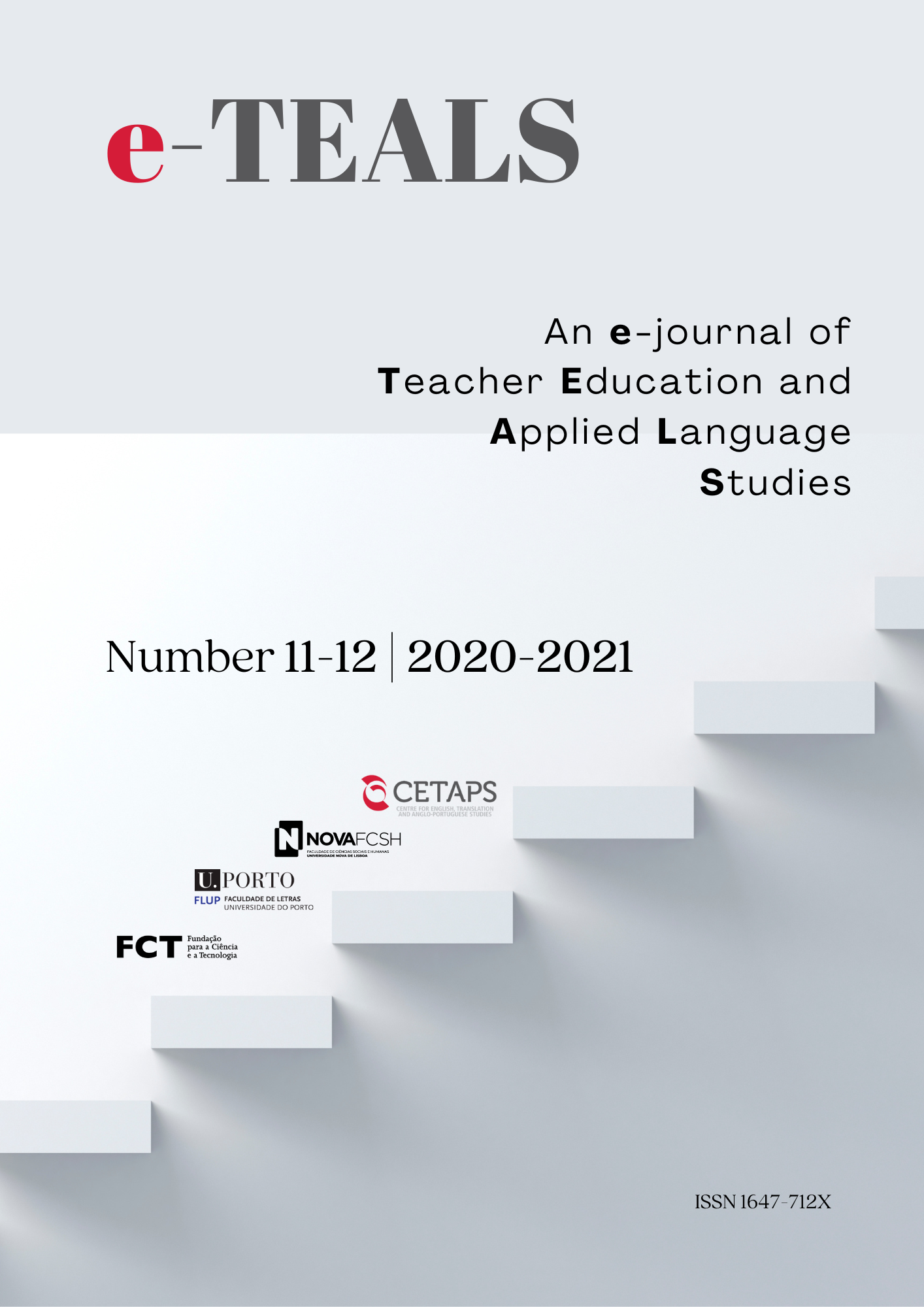The importance of training English as a foreign language teachers for refugee affective language teaching
DOI:
https://doi.org/10.34619/btae-omsdKeywords:
Affective language teaching strategies, magical teaching, teacher training, affect teachingAbstract
When Russia initiated a full-size military invasion into Ukraine on February 24, 2022, millions of Ukrainians were forced to flee to neighbouring countries. The host countries, including Portugal, facilitated Ukrainian learners’ immediate integration in their national schooling systems, thus changing educators’ teaching realities. This has led to a reflection on the relevance of affective language teaching strategies in all situations of war, which may lead to a refugee crisis. It is therefore relevant to understand to what extent English language teachers (ELTs) feel prepared to embrace this new multicultural and sensitive educational context, and to question to what extent ELTs’ specific training on affective language teaching strategies is a necessity.
The present article addresses the need to raise ELTs’ awareness to the relevance of affective issues, highlighting the need to create a supportive classroom atmosphere. Here, learners can be encouraged to do better, to work harder and to be happier, in an effort to reach their full learning potential, especially those who have experienced traumatic events and are undergoing major changes in their lives. In this study twenty teachers from twenty different Portuguese public schools answered a questionnaire in order to attempt to understand what exactly is being done to prepare teachers to welcome and integrate Ukrainian refugees in their classes. Results show that despite being aware of the relevance of applying affective language teaching strategies, most have not yet implemented any sort of actions.

Downloads
Published
Issue
Section
License

This work is licensed under a Creative Commons Attribution-NonCommercial-NoDerivatives 4.0 International License.





